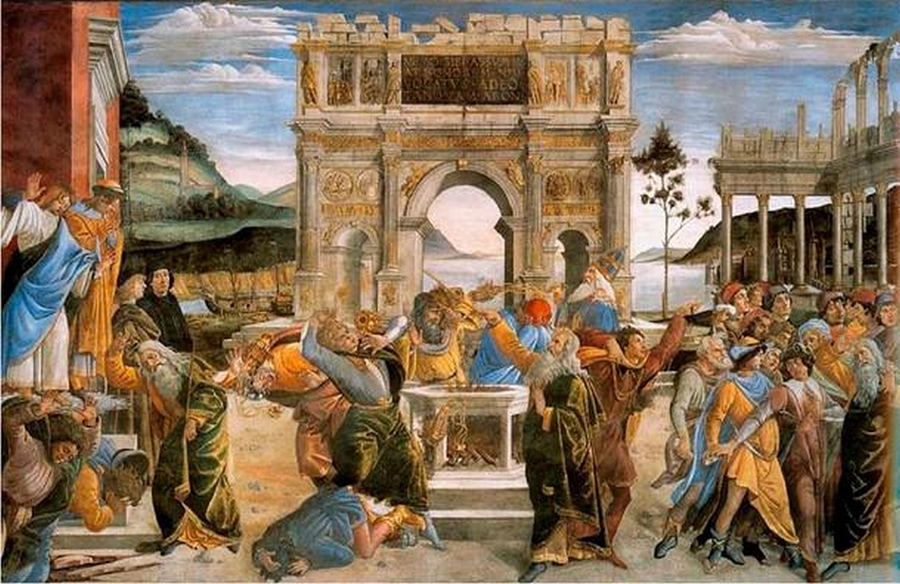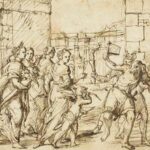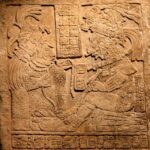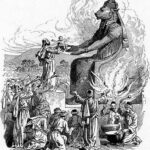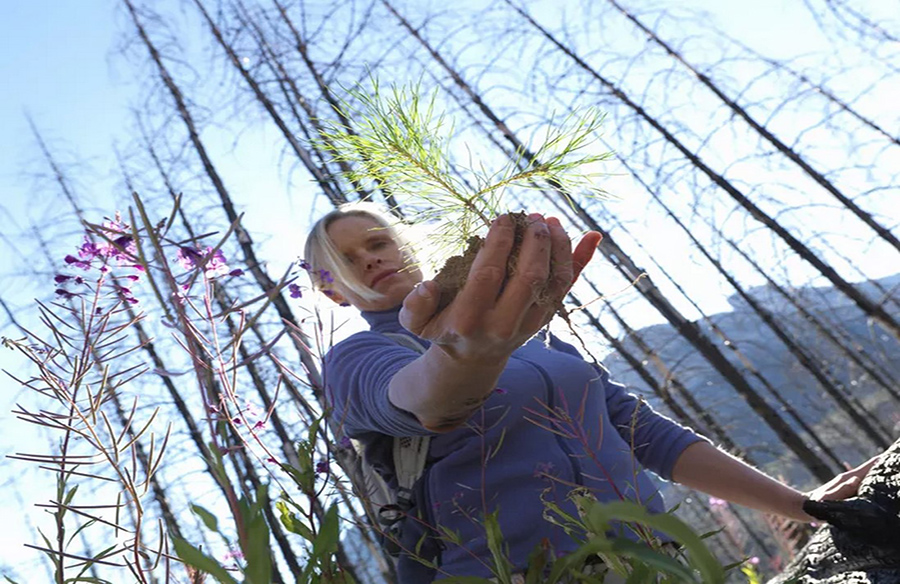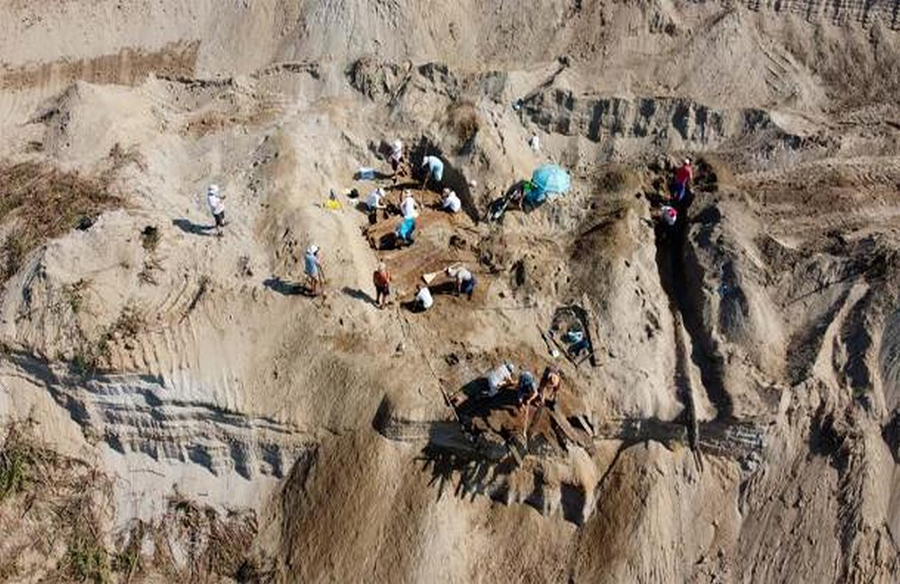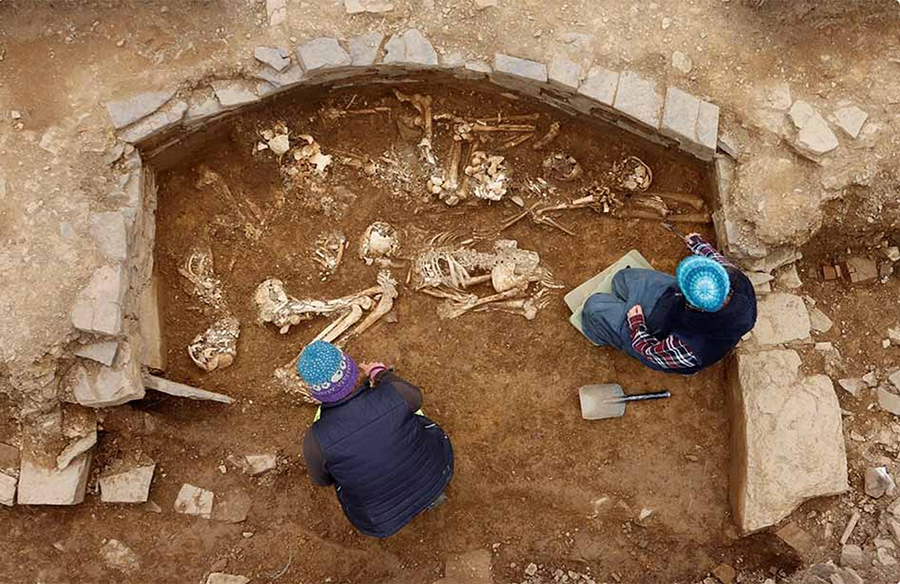Exploring Rituals Beyond Innocence
Ancient festivals often carried with them rituals and practices that would be considered strange or disturbing by today’s standards. Despite their seemingly innocent facades, these festivals delved into the depths of human belief and cultural practices, revealing a darker side to ancient celebrations. Here, we delve into 10 such festivals from various civilizations across history.
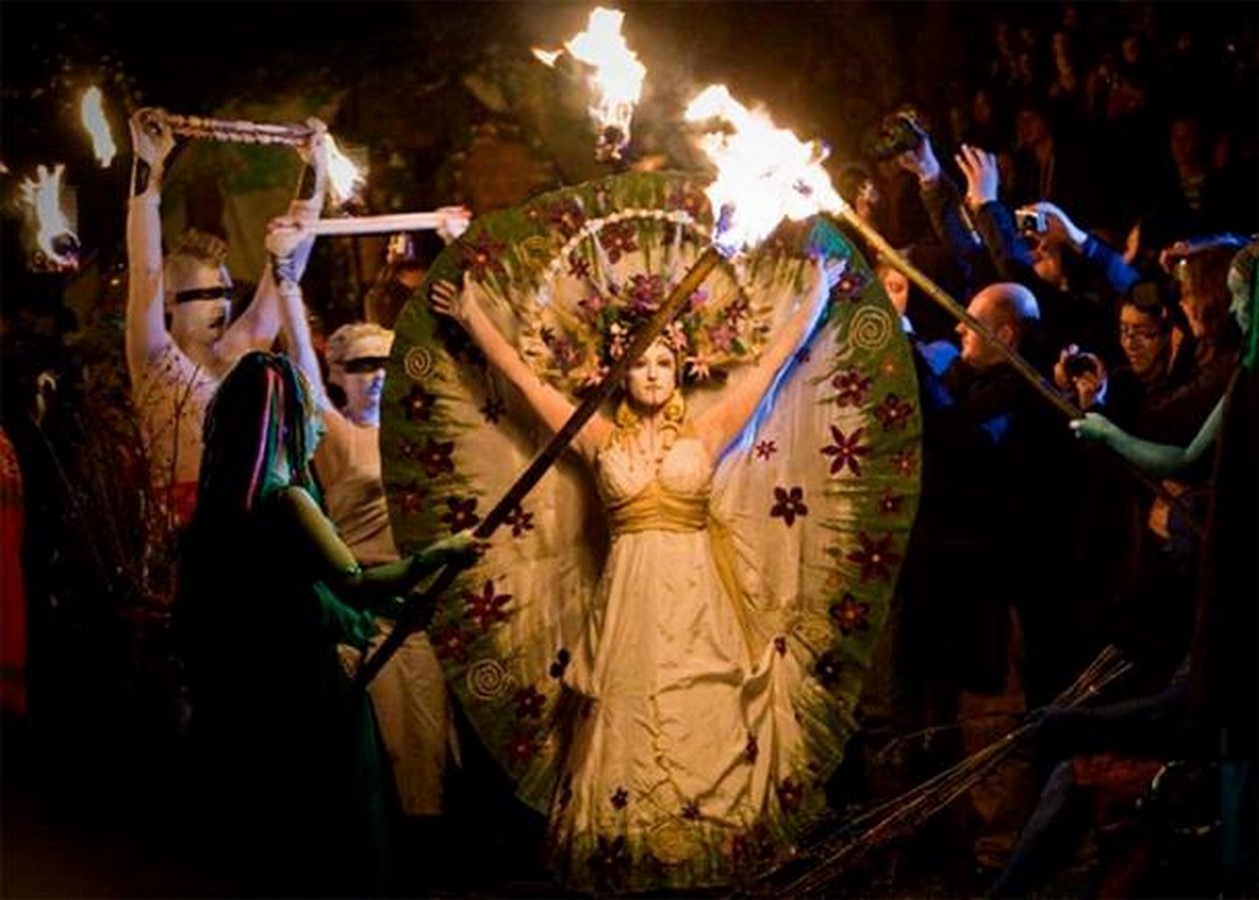
Lupercalia: Roman Fertility Rites
Lupercalia, an ancient Roman festival dedicated to the god Lupercus, showcased a blend of bizarre rituals aimed at fertility and purification. From sacrificial offerings of goats and dogs to young men whipping women with strips of goatskin, the festival’s traditions may appear perplexing, yet they held significant meaning for the ancient Romans.
Thargelia: Greek Harvest Festival
Thargelia, celebrated in ancient Greece, honored Apollo and Artemis while incorporating both joyous festivities and unsettling rituals. While the festival praised the harvest with feasting and merriment, it also featured a purification ceremony known as “pharmakos,” where societal outcasts symbolically absorbed the community’s sins, reflecting the duality of ancient Greek religious practices.
Saturnalia: Roman Festival of Reversals
Saturnalia, a beloved Roman festival dedicated to Saturn, allowed for a temporary suspension of social norms. During this period, slaves were treated as equals, gifts were exchanged, and merrymaking ensued. The festival’s jovial atmosphere contrasted with its deeper significance, offering Romans a reprieve from societal constraints.
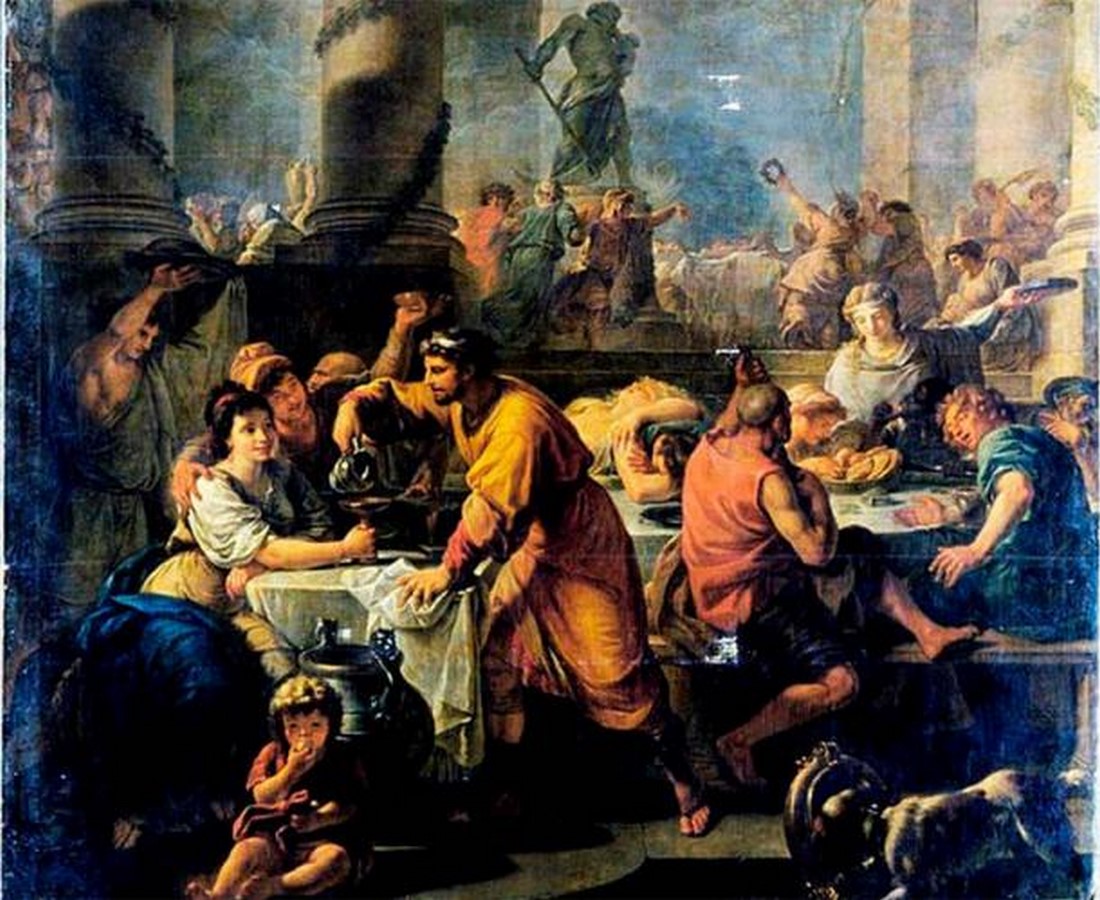
Beltane: Celtic Celebration of Fertility
Beltane, an ancient Celtic festival marking the onset of summer, centered around fertility rites and the symbolism of fire. While dancing around bonfires and hand fasting ceremonies celebrated the earth’s fertility, some darker aspects, including possible orgiastic rituals, hint at the festival’s complex nature.
Carthaginian Child Sacrifice: Grim Religious Practice
Carthaginian child sacrifice, associated with the worship of Baal Hammon, remains one of history’s most chilling practices. The ritualistic sacrifice of infants aimed to appease the gods and ensure prosperity, shedding light on the extremes to which ancient beliefs led.
Perchtenlauf: Alpine Spectacle of Spirits
Perchtenlauf, an Alpine festival, blends folklore and pagan traditions in a captivating display. Participants don monstrous costumes to embody spirits that both reward and punish, emphasizing the festival’s role in reinforcing moral behavior.
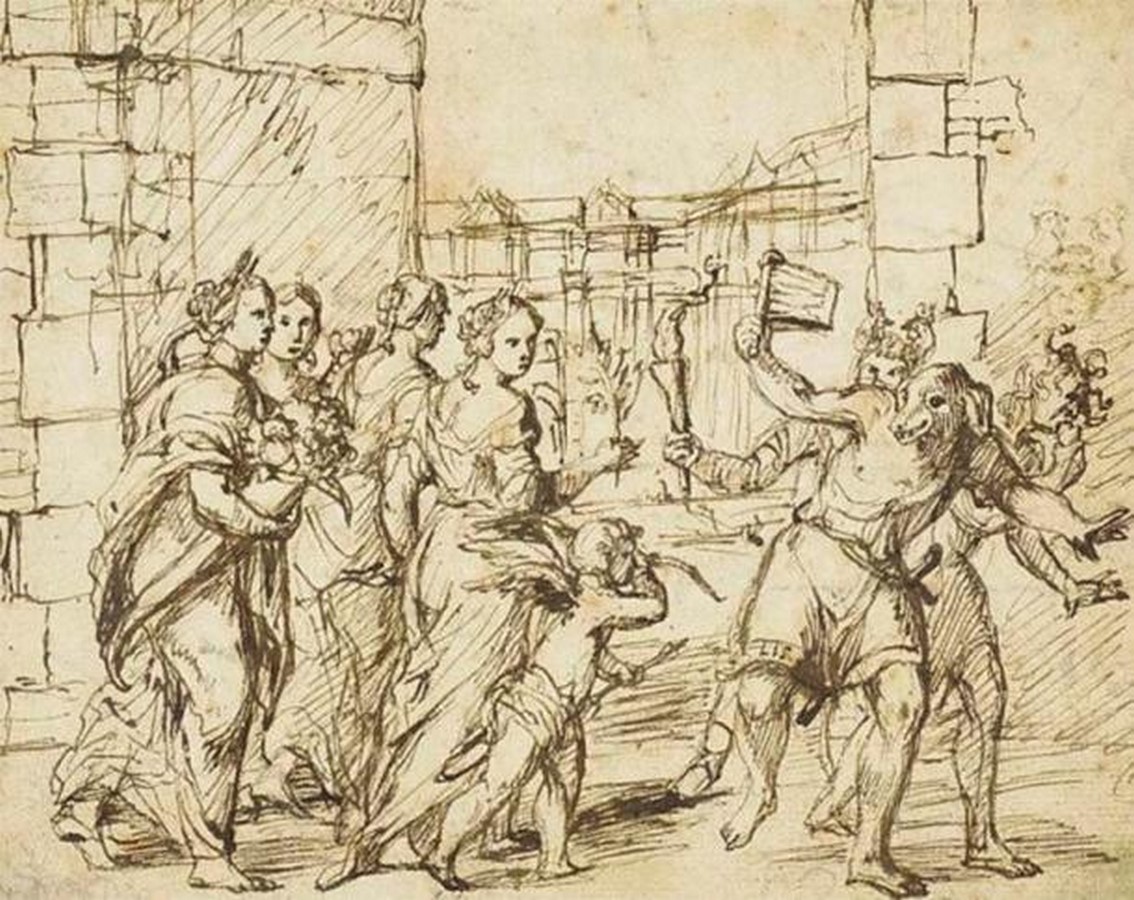
Vestalia: Roman Hearth Festival
Vestalia, an ancient Roman festival dedicated to Vesta, celebrated the goddess of the hearth and home. While rituals honored Vesta’s sacred flame, the festival also recognized the vital role of the Vestal Virgins, highlighting the significance of familial continuity and community well-being.
Festival of Pomona: Roman Tribute to Harvest
The Festival of Pomona, dedicated to the Roman goddess of fruit trees, merged with Celtic influences to celebrate the autumn harvest. Ritual tree planting and offerings expressed gratitude for nature’s bounty, echoing themes of renewal and abundance.
Thesmophoria: Greek Women’s Festival
Thesmophoria, an ancient Greek festival honoring Demeter and Persephone, provided a space for women to discuss fertility and female rites of passage. Rituals, including the symbolic throwing of piglets, reflected the festival’s focus on the mysteries of life and death.
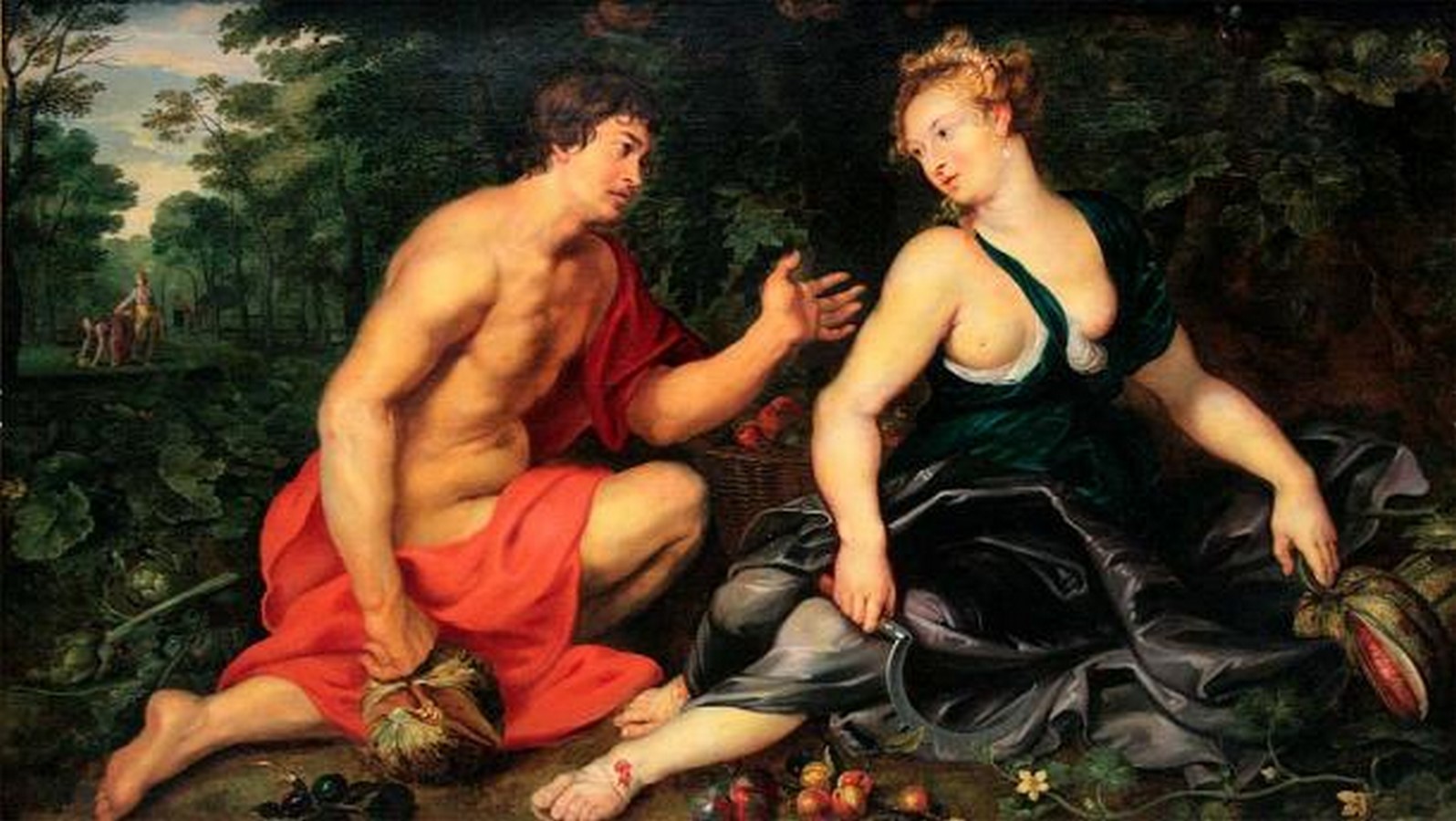
Mayan Bloodletting Rituals: Sacred Offerings
Mayan bloodletting rituals, integral to Mayan religious practices, sought to establish connections with the divine. Through offerings of blood, the Maya hoped to secure favor from the gods and divine insights into the future, highlighting the significance of sacrifice in ancient Mesoamerican cultures.
Unraveling Ancient Mysteries
These ancient festivals offer a glimpse into the complexities of human belief and cultural practices throughout history. While some rituals may appear unsettling to modern sensibilities, they underscore the diverse ways in which ancient civilizations sought to navigate the mysteries of life, death, and the divine.
